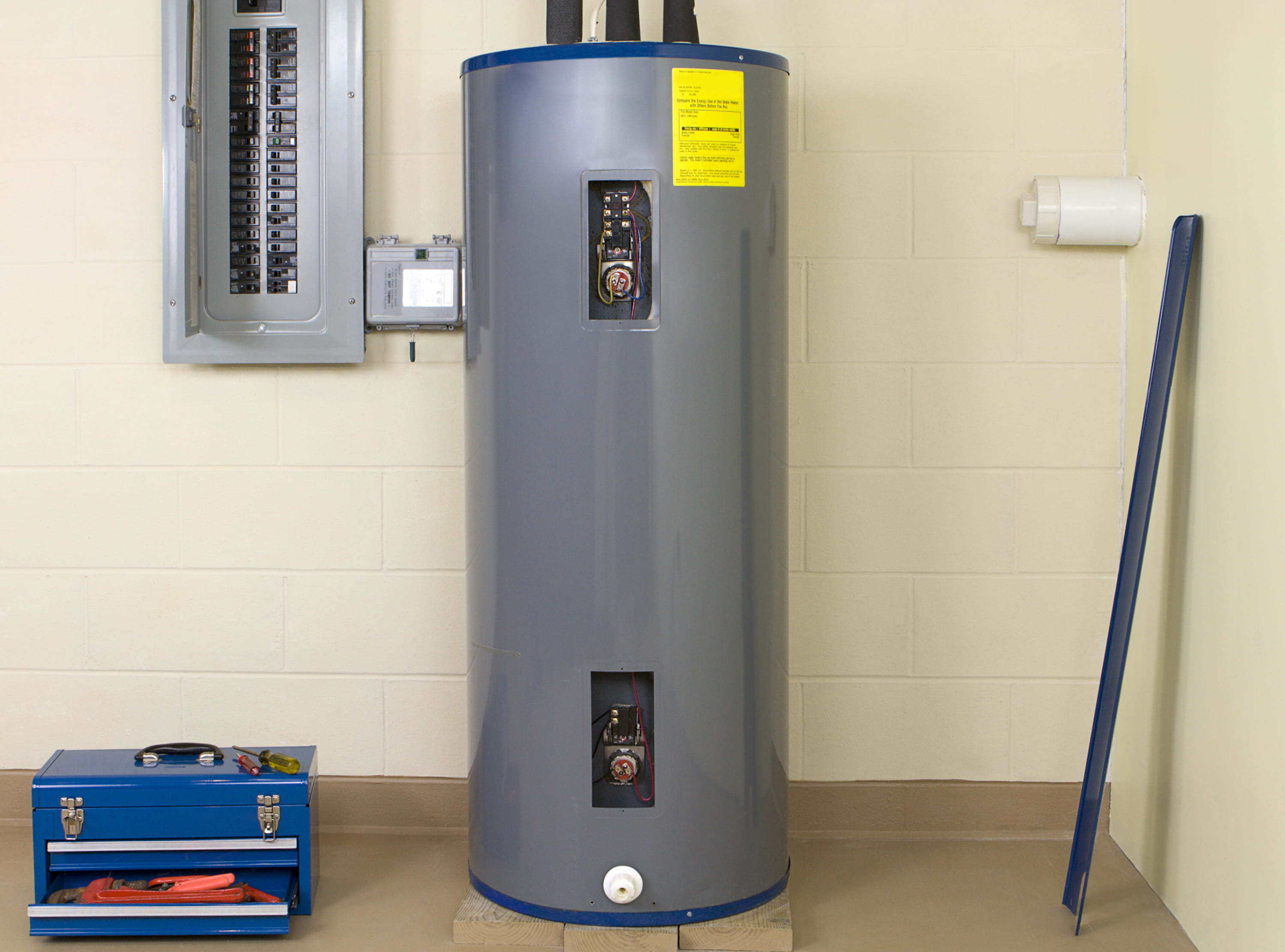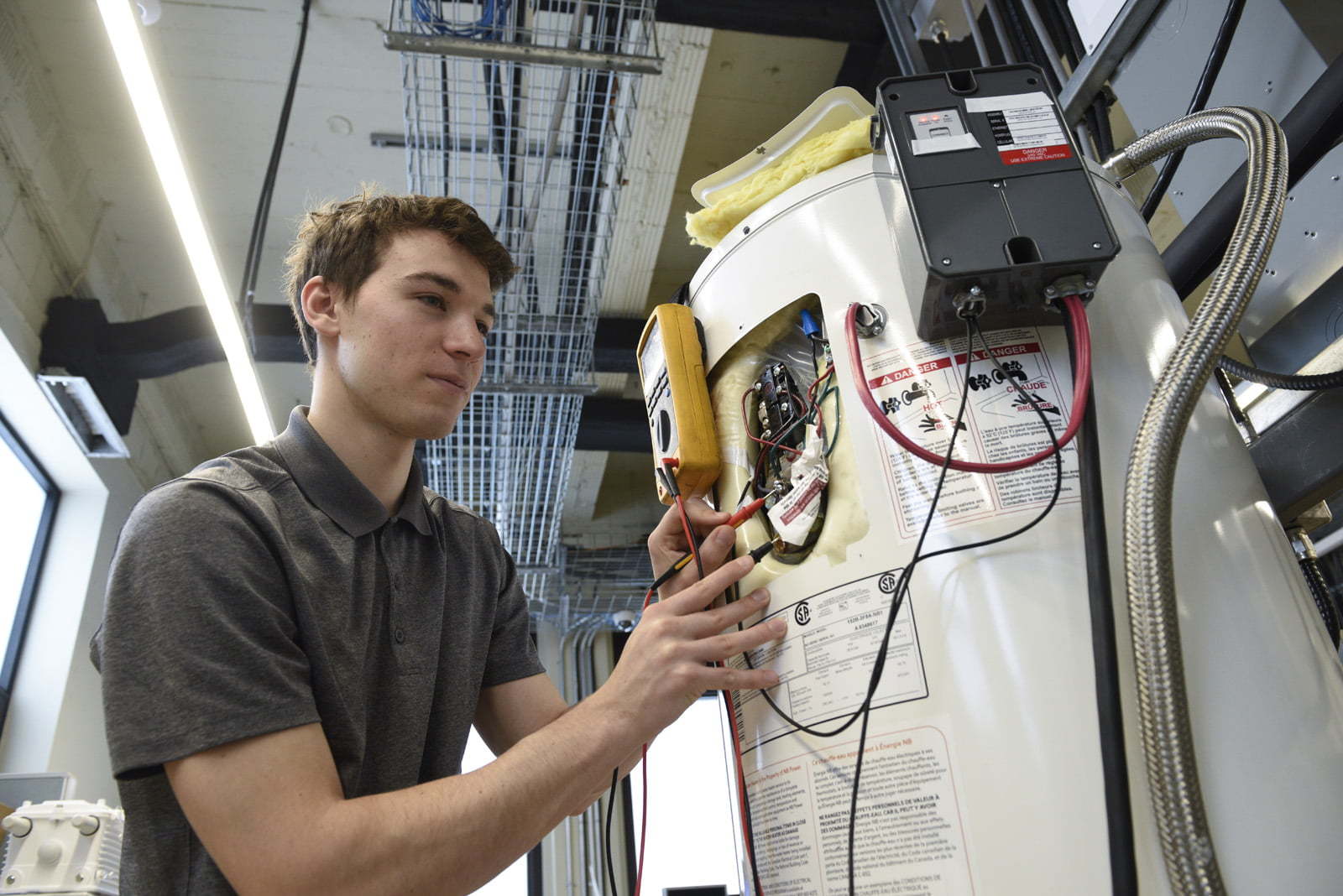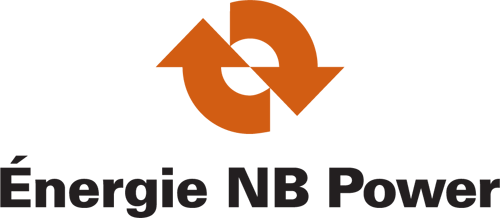Servicing a winter peak requires a substantial amount of energy from power plants. If not managed properly, the high load issue would require NB Power to spend large sums of money on building new plants in the future. To avoid that outcome, this project is aimed at deploying controllable water heaters to respond to high load situations.

Most water heaters use approximately 3 kW power when heating and NB Power rents most of those across the province. Having the ability to control that load during a peak would help lower operating costs and improve grid flexibility.
Winter peaks only occur roughly twelve times a year so customers do not need to worry about frequent utility intervention. In addition, NB Power water tanks are resilient and have short recovery periods. A load reduction event would only last 2 hours. The goal would be to ensure customers have hot water before, during, and after a peak event.

NB Power is working to develop a low cost control solution for the utility.
The team was deeply involved in shaping business requirements that went into an RFI. In addition, the team worked on installing controllers in the Energy Smart Innovation Lab for testing, and documenting installation and commissioning challenges.
The team plays an important role in evaluating the technologies selected from the RFI process. The technologies will be tested for safety, performance, and the ability to respond to peak load demand in the Lab.
Most water heaters use approximately 3 kW power when heating and NB Power rents most of those across the province.
